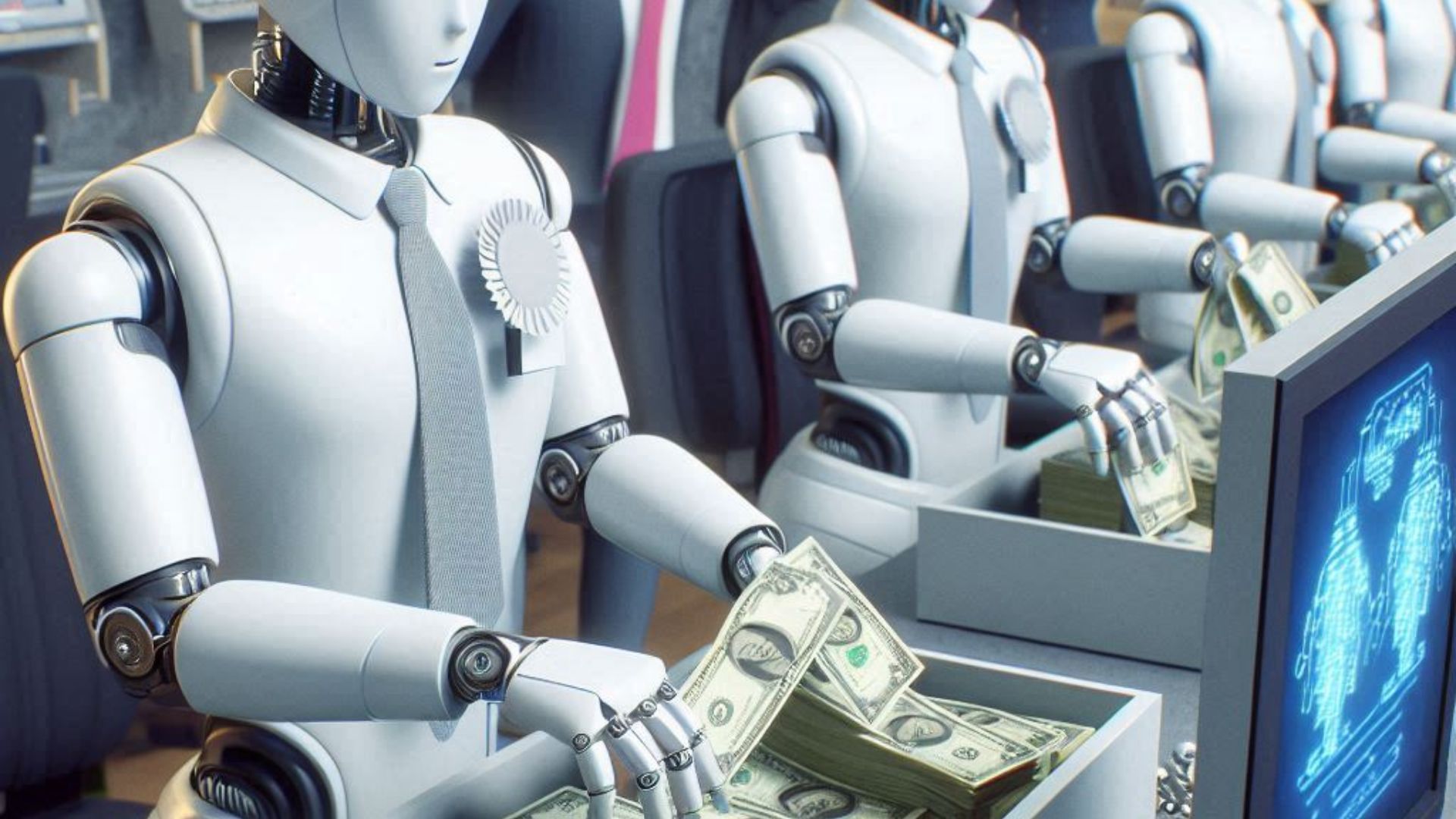What you need to know
- Aside from privacy and security, job security is also a significant concern among most people with the prevalence of AI.
- OpenAI CTO Mira Murati says the technology will reshape the job market by creating new opportunities and killing some creative jobs that "maybe shouldn't have existed in the first place."
- The executive said repetitive jobs will be first on AI's chopping block.
"Some creative jobs maybe will go away. But maybe they shouldn't have been there in the first place — you know, if the content that comes out of it is not very high quality," said OpenAI's chief technology officer Mira Murati in an interview at The Thayer School of Engineering at Dartmouth University last month (via Fortune).
While it remains debatable whether AI is a fad, it is revolutionizing how companies and organizations look at work. The downside is that many professions might be rendered obsolete in the foreseeable future, with the prevalence of sophisticated AI tools like ChatGPT, DALL-E 3 image generation technology, Copilot, and more.
Though seemingly lobotomized, tools like Image Creator from Designer (formerly Bing Image Creator) and ChatGPT are on the precipice of taking over architecture and interior design jobs. The powerful tools can generate complex structural and interior designs within seconds. What's more, you can fine-tune the output using prompts to your liking without necessarily having to part with wads of cash, not forgetting the wait periods till you get the final design draft.
According to OpenAI's CTO:
"I'm not an economist, but I certainly anticipate that a lot of jobs will change. Some jobs will be lost, some jobs will be gained."
The OpenAI executive foresees a future where AI will automate repetitive jobs and tasks. Creative jobs are at risk, too. How easy is it to create a song, write an article, or generate immaculate art pieces using AI right now? And while the quality standards might raise questions, AI almost gets the job done right. OpenAI's new flagship GPT-4o model ships with reasoning capabilities, with demos showing its vast capabilities in writing and detecting errors in code and even composing jingles on queue.
Is upskilling the only way around AI's hostile job take over?

Elon Musk recently shared his predictions of a future where AI takes over all jobs, turning work into a hobby. Similarly, NVIDIA CEO Jensen Huang indicated that we're on the verge of reaching the next wave of AI with self-driving cars and humanoid robots at the forefront.
Microsoft's latest Work Trend Index report indicates most recruiters won't hire anyone without an AI aptitude. This has prompted people to upscale in the vast AI landscape to secure their jobs, prompting "a 142x increase in LinkedIn members adding AI skills like Copilot and ChatGPT to their profiles." But perhaps more surprisingly, executives have openly expressed fear of a lack of sufficient talent to fill vacancies in their companies. This is contrary to the popular belief that AI is claiming jobs from people.
In a separate report, the banking sector could be on AI's chopping board next, with approximately 54% of jobs susceptible to automation. NVIDIA CEO also claims coding is dead in the water as a career option and recommends seeking alternative paths in biology, education, manufacturing, or farming.
But AI claiming jobs from professionals doesn't seem to be the end of the vigorous cycle. In a new report, a significant publication adopted a new AI strategy where the technology did most of the writers' work to save on cost. Over 60 writers and editors lost their jobs, leading to a new trend. Publications are now hiring writers to review AI-generated content for grammar mistakes and add the human touch but for less pay.







